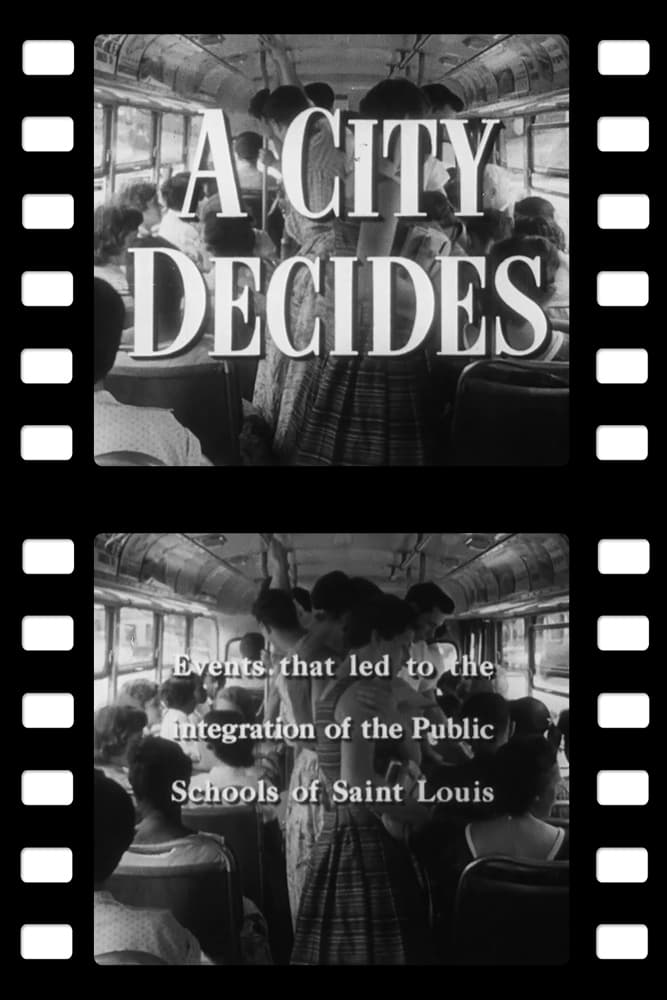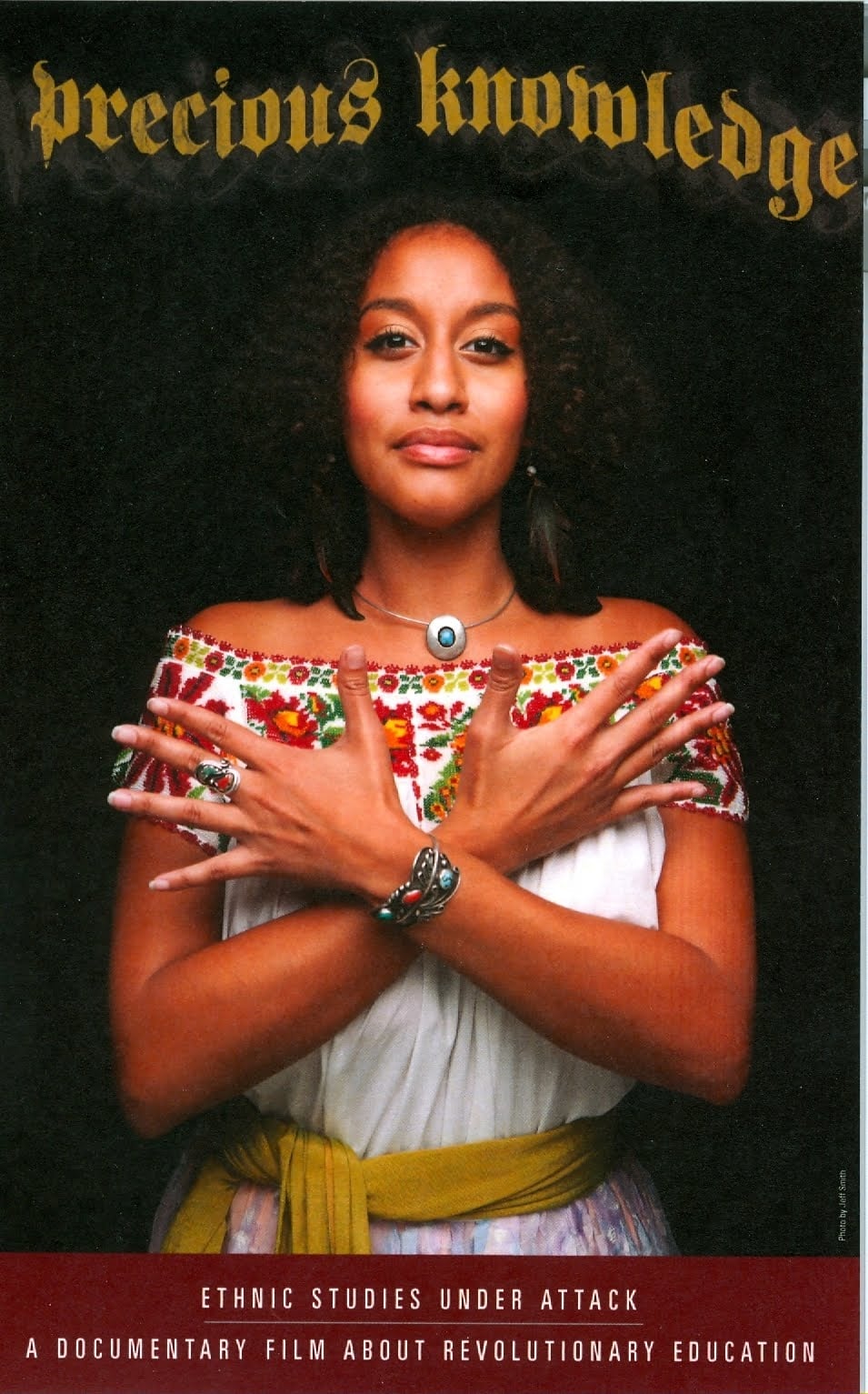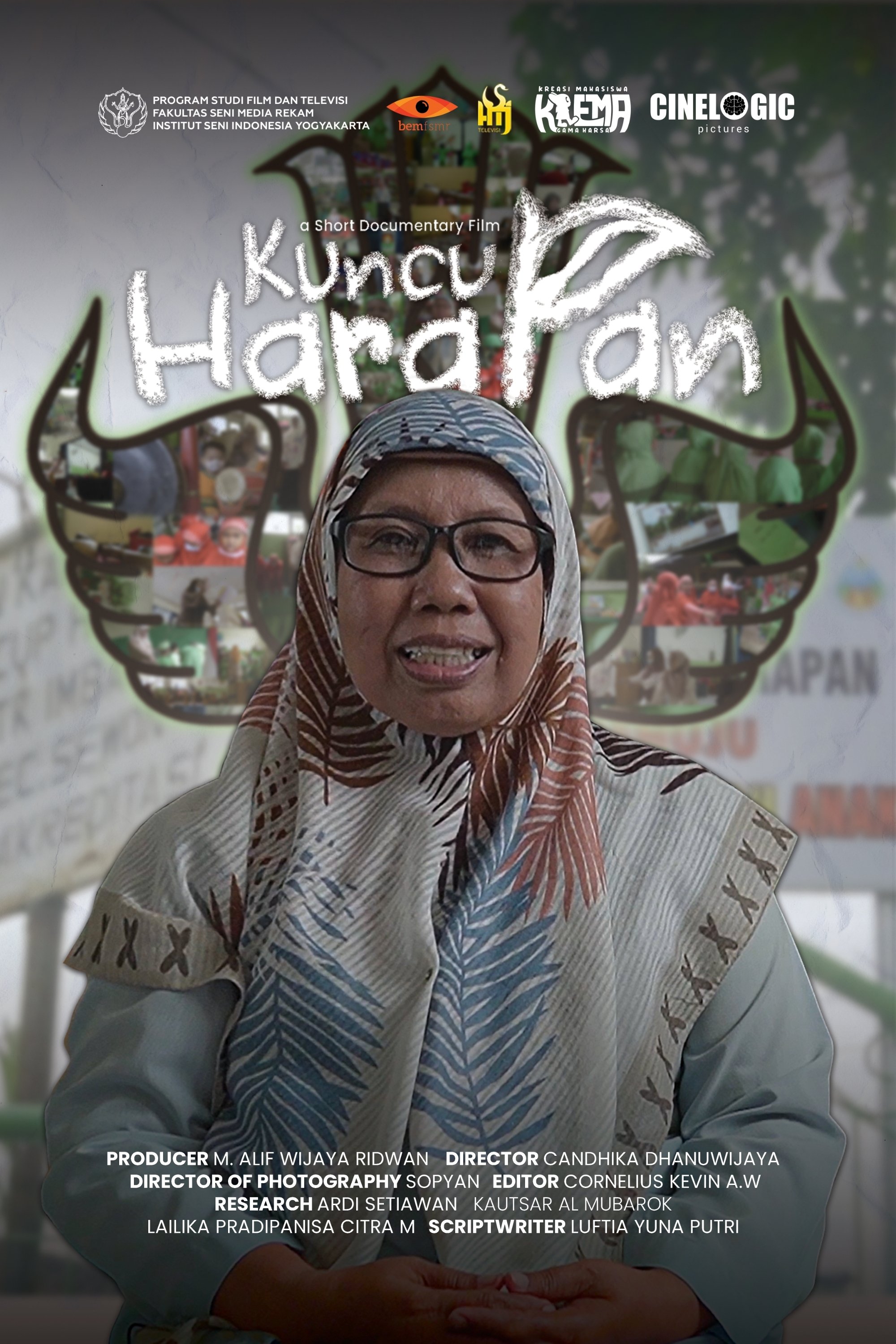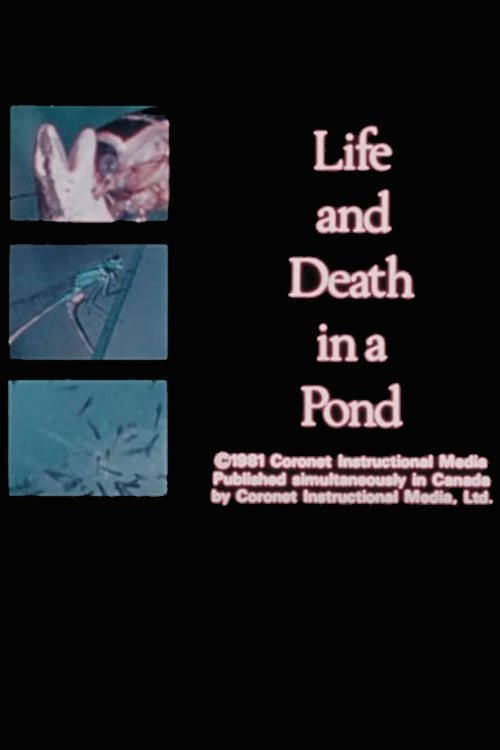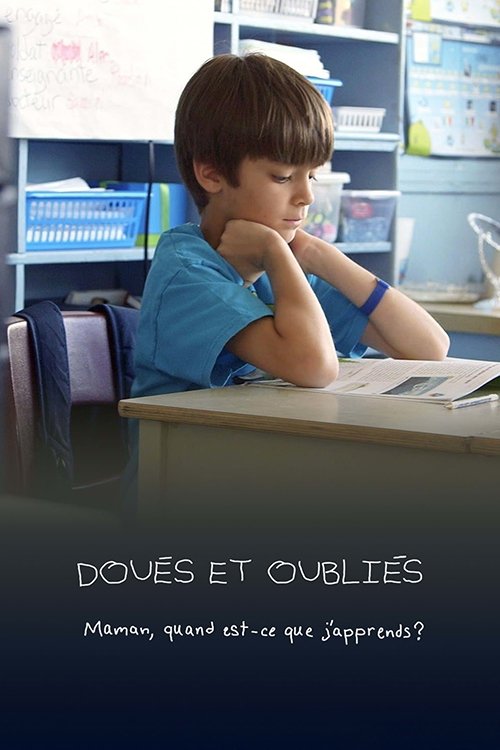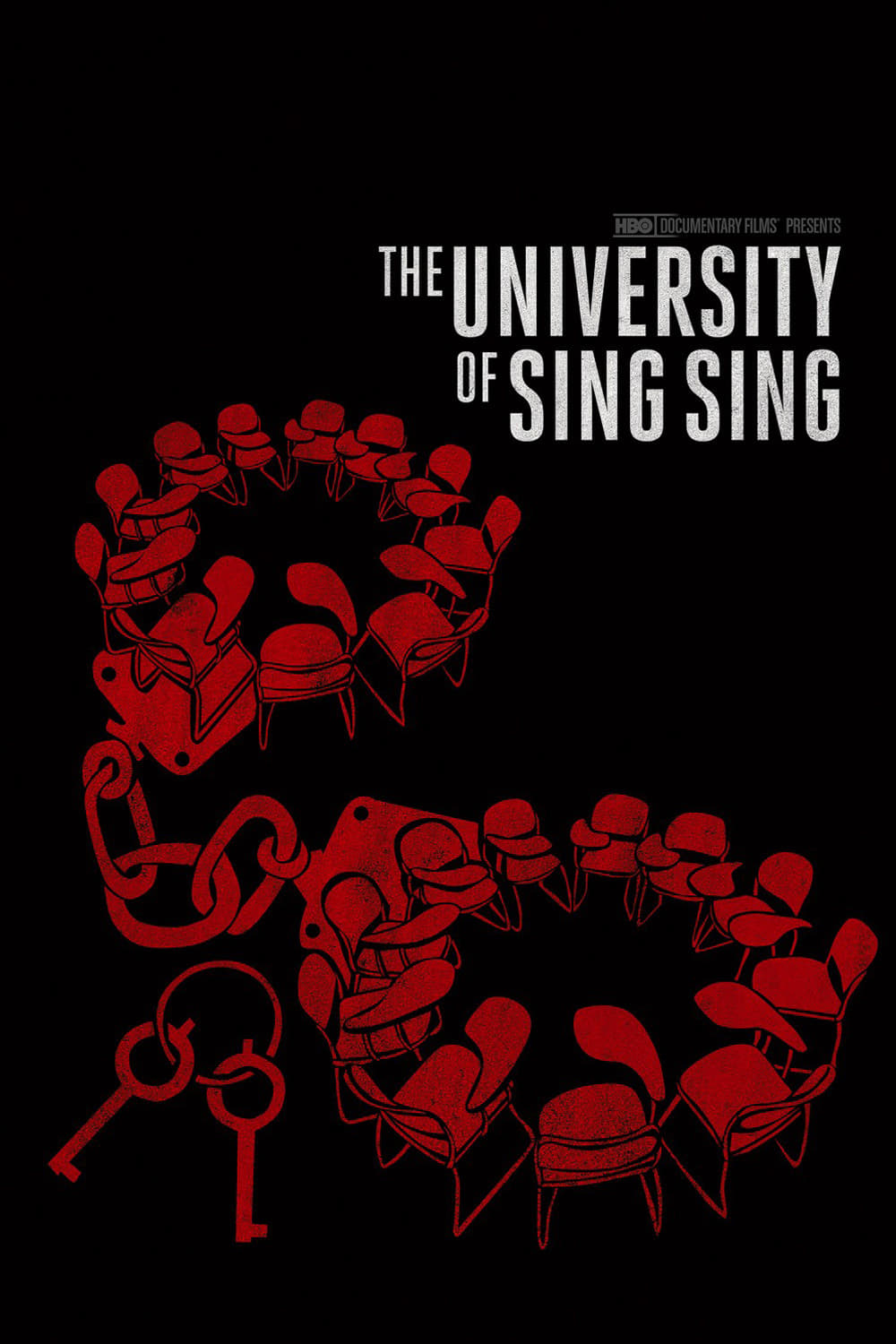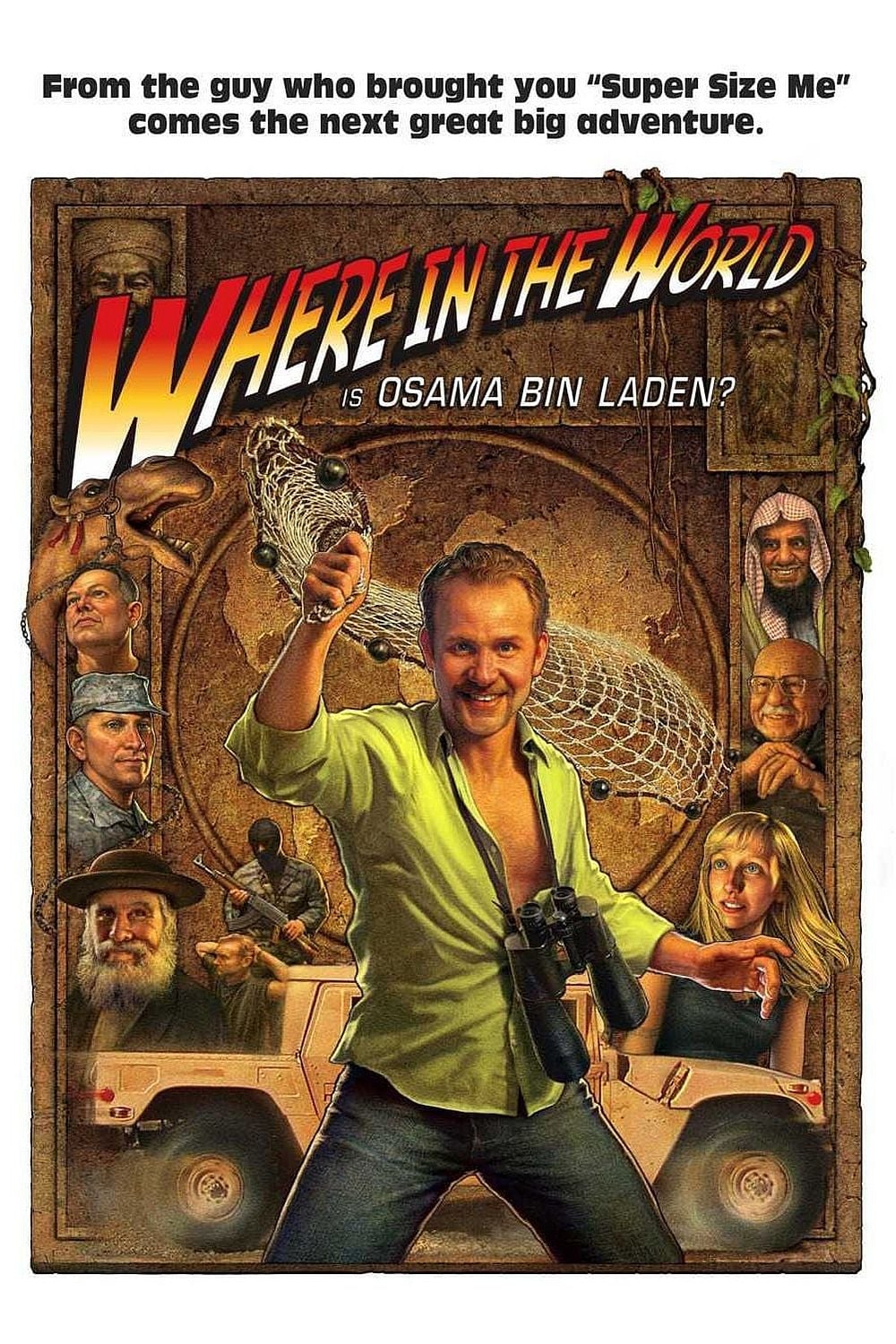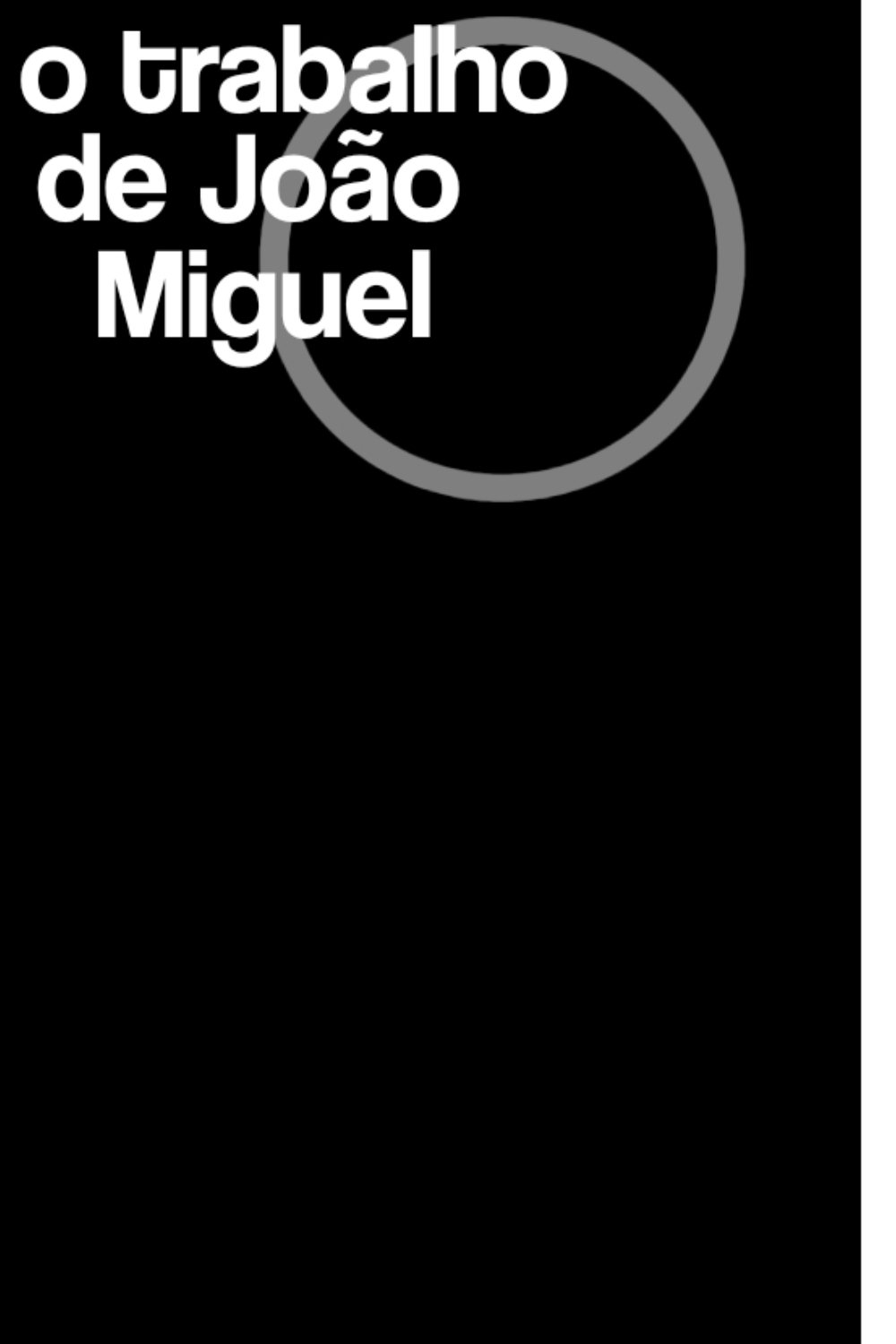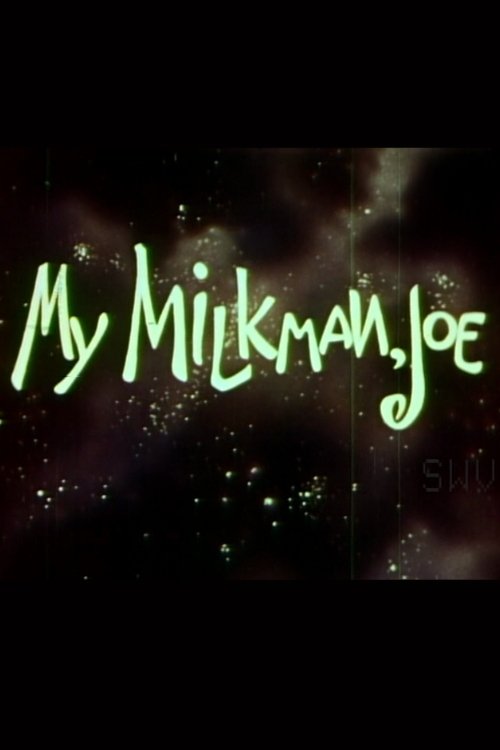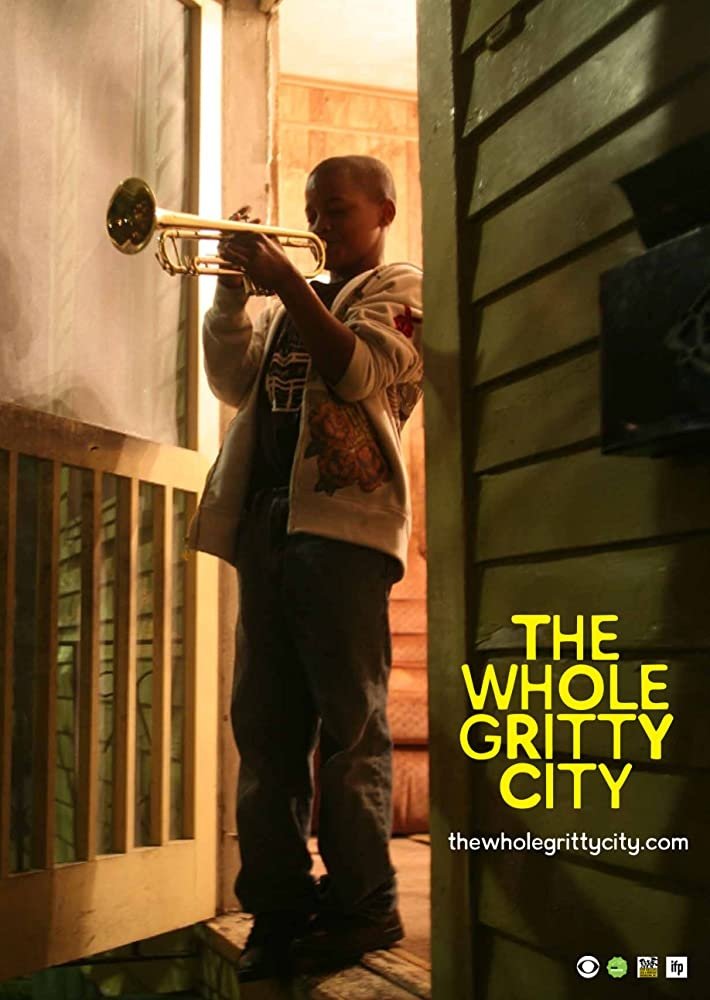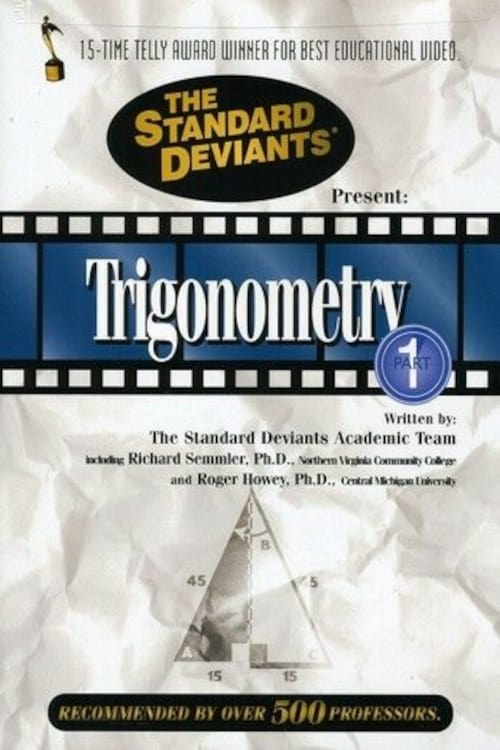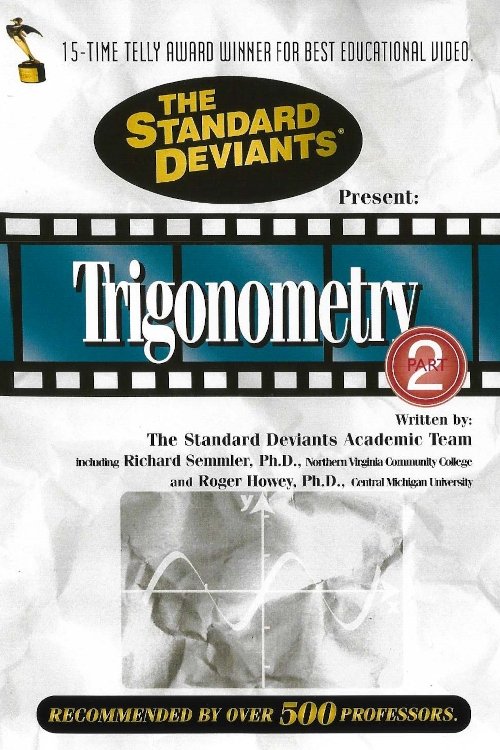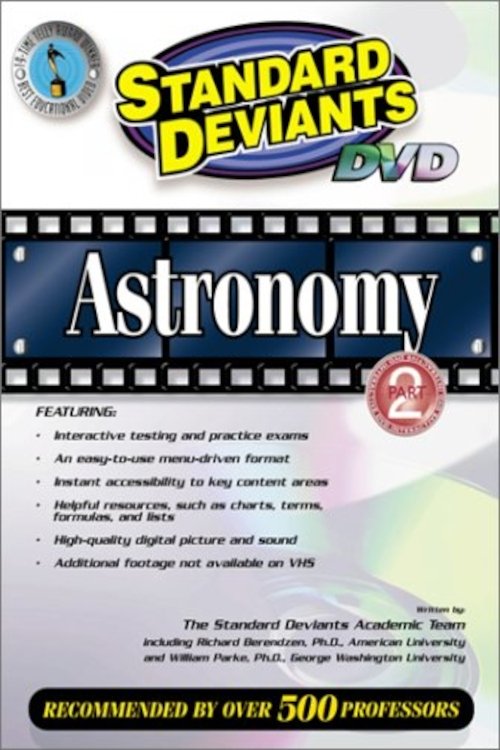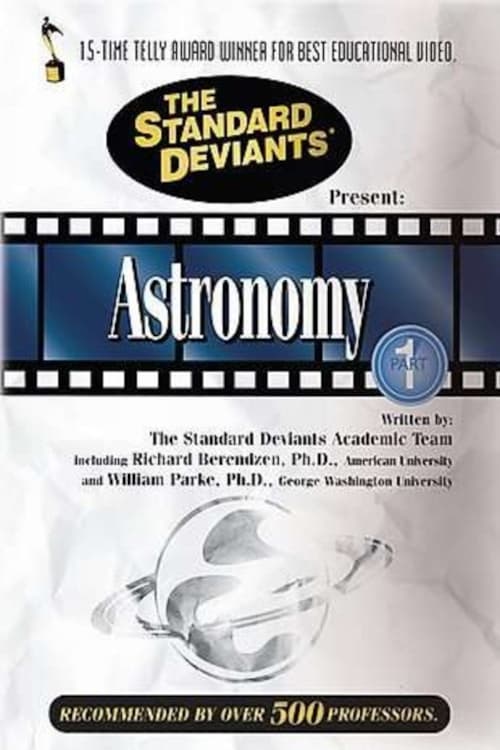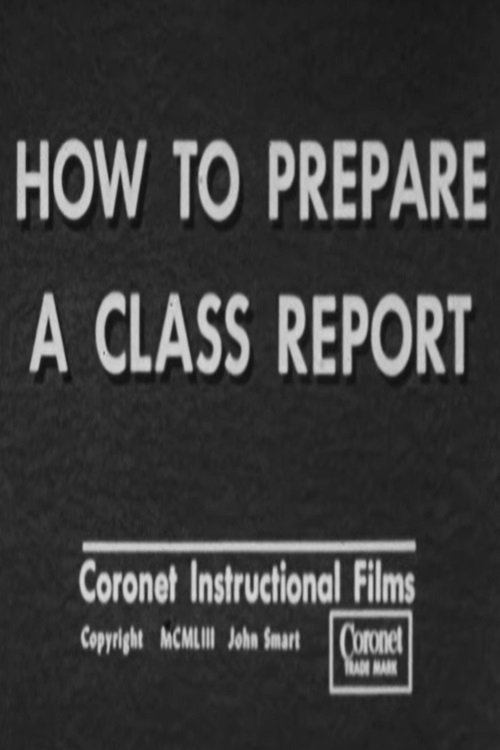
How to Prepare a Class Report (1953)
Overview
This educational film from the 1950s instructs viewers how to prepare for a class report.
Production Companies
Additional Info
| Budget | $0.00 |
|---|---|
| Revenue | $0.00 |
| Original Language | en |
| Popularity | 0.839 |
Directed By
Crew
TOP CAST
Similar Movies
A City Decides
A City Decides chronicles the events that led to the integration of the St. Louis public schools in 1954. An Oscar-nominated short documentary from 1956.
The Hidden Agenda for World Government
From an archived interview originally recorded in 1982, this 1990 production reveals the findings of chief congressional investigator, Director of Research, Norman Dodd, and exposes the scope and purpose of various organizations in the findings of the 1953 Reece Special Committee on Tax Exempt Foundations.
Precious Knowledge
Disenfranchised high school seniors become academic warriors and community leaders in Tucson, Arizona's embattled Ethnic Studies classes while state lawmakers attempt to eliminate the program.
If You Build It
A year in the life of one of America's most innovative classrooms where students design & build to transform their hometown community. The film follows Emily Pilloton and Matt Miller as they teach the fundamentals of design, architecture and construction to a class of high school juniors in rural North Carolina.
Life and Death in A Pond
An educational film about the life cycles of various types of pond life.
The University of Sing Sing
An inside look at the notorious Sing Sing Correctional Facility, where one of the U.S.’s only in-prison college programs, Hudson Link, offers long-time inmates an education – and a new lease on life.
Where in the World Is Osama Bin Laden?
Morgan Spurlock (Super Size Me) tours the Middle East to discuss the war on terror with Arabic people.
Dare to Say No!
Shows children various reasons why they need to resist peer pressure, refuse drugs, and refuse to follow the crowd just to fit in
John Michael's Project
The character Jonh Michael embarks on a journey to tell you everything about Tim Maia.
To Be and to Have
The documentary's title translates as "to be and to have", the two auxiliary verbs in the French language. It is about a primary school in the commune of Saint-Étienne-sur-Usson, Puy-de-Dôme, France, the population of which is just over 200. The school has one small class of mixed ages (from four to twelve years), with a dedicated teacher, Georges Lopez, who shows patience and respect for the children as we follow their story through a single school year.
The Whole Gritty City
Young members of 3 New Orleans school marching bands grow up in America's most musical city, and one of its most dangerous. Their band directors get them ready to perform in the Mardi Gras parades, and teach them to succeed and to survive.
Junge Leute
A documentary about young people just starting their higher education and their professional life.
The Standard Deviants: The Twisted World of Trigonometry, Part 1
This edition of Trigonometry includes such topics as radians, the special angles, right triangles, the Pythagorean Theorem, sine, cosine, tangent, law of cosines and law of sines.
The Standard Deviants: The Twisted World of Trigonometry, Part 2
Part 2 starts off with a quick review of graphing as well as sine, cosine and tangent. From there, this video charts new territory as we dive into amplitude, curves, double-angle formulas, sum-to-product-formulas and identities. Using computer graphics and animation, the Standard Deviants illustrate these complicated concepts far better than any blackboard!
The Standard Deviants: The Really Big World of Astronomy, Part 2
In Astronomy Part 2, you will learn all about the planets, asteroids, comets, meteoroids, the layers of the sun, fusion, and more. The Standard Deviants make learning astronomy easier with their unique teaching style, which incorporates humor, mnemonics, and sophisticated computer graphics.
The Standard Deviants: The Really Big World of Astronomy, Part 1
This series also covers the essential concepts of astronomy: gravity, the light spectrum, Earth's magnetic field, the solar system, the sun, Kepler's Law, the universal law of gravitation, the Doppler Effect, and much more!
